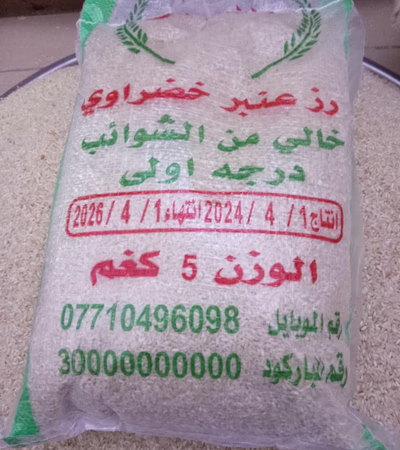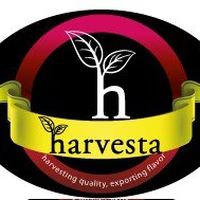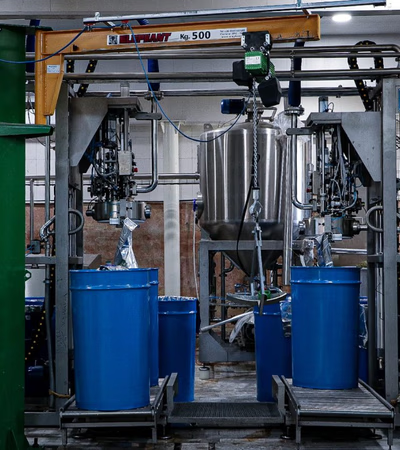In recent years, Iraq"s food market has exhibited a notable shift with a significant increase in cereal yield, rising from 1,052 kg per hectare in 1988 to 2,693 kg in 2015. This development underscores Iraq"s potential for enhanced agricultural output despite a decreasing percentage of agricultural land from 21. 79% in 1988 to 21. 35% in 2015. Such trends suggest a need for optimized resource utilization and advanced cultivation methods, offering strategic opportunities for agribusinesses to invest in technology-driven farming solutions. Moreover, while agriculture"s contribution to GDP has decreased from 14. 59% in 1988 to 4. 19% in 2015, the industry"s resilience is evident through the consistent growth of the rural population, which now constitutes over 30% of the total population.
This demographic shift indicates a growing labor force within the agricultural sector, which can be leveraged to enhance productivity. Challenges persist, however, with Iraq"s reliance on imports to meet domestic food demand. The country"s high agricultural water withdrawal rate, consistently above 91%, suggests potential sustainability issues that could impact future growth. Addressing these challenges through innovative irrigation and water management technologies could unlock significant efficiencies. In light of these dynamics, Iraq presents a promising yet complex food market landscape where businesses must navigate both opportunities and constraints. For companies looking to expand their reach within Iraq"s food sector, Aritral. com offers an AI-driven platform that simplifies international trade in commodities and raw materials. By utilizing Aritral"s services, such as Product Listing and AI-Powered Marketing, businesses can effectively connect with key suppliers and trading partners in Iraq, thereby enhancing their market presence and operational efficiency.
Ultimately, with the right mix of technological adoption and strategic partnerships, stakeholders in Iraq"s food market can capitalize on emerging opportunities to drive sustainable growth and development. "
-
 Musab Al-Rawi 3 months ago
Musab Al-Rawi 3 months ago Iraq
Original Iraqi Amber Rice Ready for Export from Iraq
Iraq
Original Iraqi Amber Rice Ready for Export from Iraq
Iraqi Amber Rice is one of the best types of rice in the worldDetails
-
 Harvesta Ltd 3 months ago
Harvesta Ltd 3 months ago Iraq
Harvestaltd
Iraq
Harvestaltd
Peace be upon you, our products include fruits, vegetables, fish, shrimp, caviar, canned foods, etc.Details
-
 Hadeel Abbas Hamad 3 months ago
Hadeel Abbas Hamad 3 months ago Iraq
Coffee Cup Set
Iraq
Coffee Cup Set
This is a tea or coffee cup set made in China by the company KUN-LUN more than 37 years ago. I want to gift it to the President of China.Details




